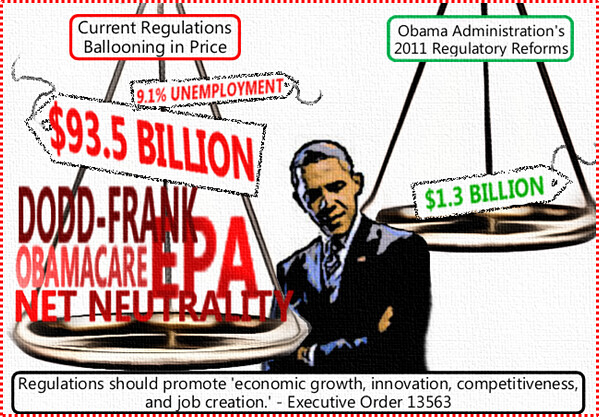
The Washington Post editors certainly aren’t buying it. They write today, “President Obama is fond of saying that there is no silver bullet to bringing down gasoline prices. On Tuesday, however, he went into the silver bullet business. With gas prices high and an election looming, the president announced a very public ‘crackdown’ on ‘those who manipulate the market for private gain at the expense of millions of working families.’ . . . Yet the administration can’t offer any satisfying explanation for why [his policies] are so necessary as to require emergency congressional action.” The editors add, “[A] senior administration official deflected questions about whether regulators have detected any hint of manipulation and would not give an example of the sort of rigging the president suspected regulators might find with more resources. The official instead repeatedly pointed to Enron — a scandal involving electricity, not oil, markets. So the argument boils down to: ‘Maybe the CFTC will find something, we don’t really know what.’”
Of course, they point out, “No one should imagine that this will help much at the pump, no matter how much the White House talks of the urgent imperative to protect vulnerable consumers. America, after all, has been down the blame-price-manipulators road before. In 2006, President Bush ordered an investigation into gas-price gouging that had trouble finding even credible complaints of price manipulation. In 2008, the CFTC found that speculation wasn’t systematically driving gas-price increases.”
The editors at Bloomberg are even less impressed. “No one, least of all President Barack Obama, should expect oil or gasoline prices to fall because of the five-point plan he unveiled at the White House yesterday,” they wrote yesterday. They explain, “[S]peculators aren’t inherently bad. Quite to the contrary: They serve a vital purpose, helping create a market of buyers and sellers. Many academic researchers have found that speculators, by anticipating future price moves, can reduce volatility. It is true that traders, as opposed to actual users such as airlines and truckers, account for the bulk of the transactions in oil futures markets. But that doesn’t mean they are to blame for higher oil prices. Speculators also operate in the markets for natural gas, where prices have plunged almost 60 percent in the past year because of vast increases in supplies. Speculators can push prices up or down, but they can’t repeal the laws of supply and demand.”
Related:
Rasmussen Reports: 46% Worry Government Will Do Too Much Trying To Help Economy

0 responses so far ↓
There are no comments yet...Kick things off by filling out the form below.
Leave a Comment